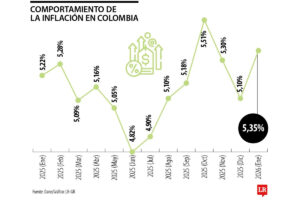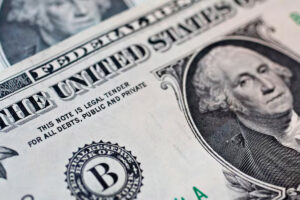The Federal Reserve raised rates a quarter point Wednesday. That’s likely good news for savers.
On Wednesday, the Federal Reserve raised interest rates a quarter percentage point, and officials noted in their statement that while “inflation has eased somewhat” it does remain “elevated” and thus “ongoing increases in the target range will be appropriate.”
This comes on the heels of plenty of other recent rate hikes. Indeed, in 2022, the Federal Reserve raised interest rates seven times to combat inflation – and those rate hikes have led to many high-yield savings accounts paying more than they have in over a decade. Indeed, multiple banks now pay rates of 4%-4.5%. And with the current rate hike, savers might see rates rise once again, pros say — but you’ll likely have to shop around to get them.
Indeed, when “the Fed raises rates, there’s a high probability that banks will follow suit and increase rates on savings accounts,” says Chanelle Bessette, banking specialist at NerdWallet. “When interest rates are high, it becomes more expensive for consumers to borrow money for financed purchases, but banks also offer higher interest rates on savings accounts.”
For his part, Greg McBride, chief financial analyst for Bankrate, says: “With the Fed still raising short-term interest rates, this will mean further increases in rates for credit cards, personal loans, home equity lines of credit and small business loans. Banks needing more deposits to lend out will raise rates enough to acquire the deposits they need but still lend them out profitably,” says McBride. In other words, banks rely, in part, on savings accounts as a source of funds for loans and ultimately use your money to make money when they lend it to other borrowers.
That said, don’t expect massive savings hikes. “The deposit rate increases have slowed since the Fed downshifted its rate hike in December 2022 to 50 basis points and may continue as the Fed is expected to downshift even further at their next meeting,” says Ken Tumin, founder and editor of DepositAccounts.com.
What’s more, if you just look at your average bank right now, you’ll likely still not see great rates. “The average bank savings account is still in the doldrums at 0.23%,” says McBride. That means that to get higher rates, you may have to shop around for savings accounts.
How to take advantage of interest higher rates
To take advantage of new, higher rates, you’ll likely have to look for competitive online savings accounts and then move your money, as all banks don’t just automatically raise rates after a Fed meeting. “All you need to move is your savings account, which you then link back to your checking account. Your day-to-day financial routine, including direct deposit, automatic payments and debit card can stay intact,” says McBride.







